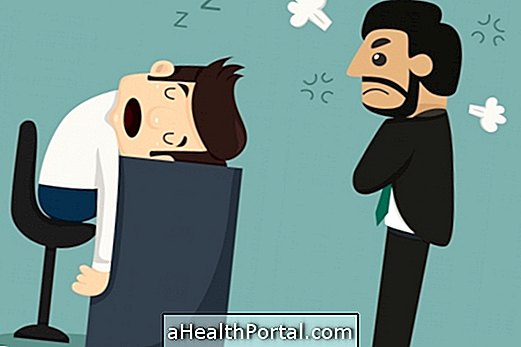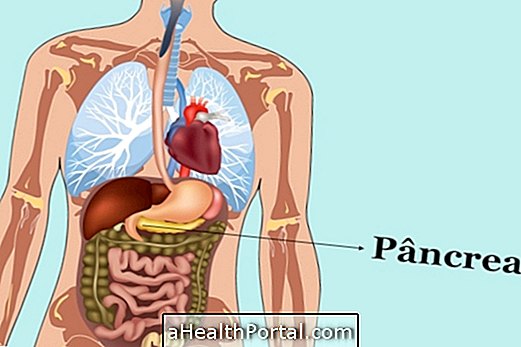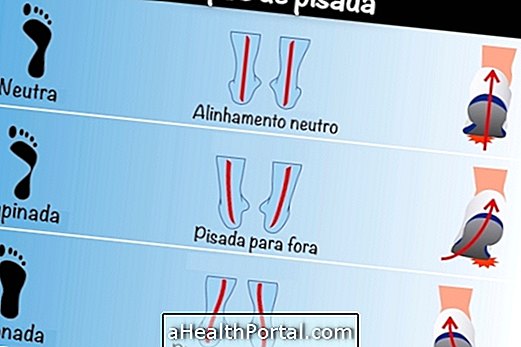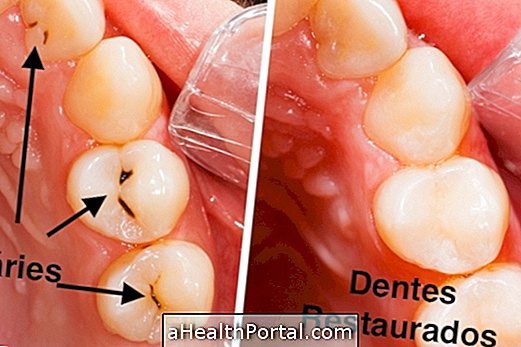Corticosteroids, also known as corticosteroids or cortisone, are hormones produced by the adrenal glands that have a strong anti-inflammatory action, and are therefore widely used in the treatment of chronic problems such as asthma, allergies, rheumatoid arthritis, lupus or cases of kidney transplant, for example.
There are several types of corticosteroids, which are used according to each problem and which include:
- Topical corticosteroids are creams and lotions used to treat allergic reactions or skin conditions such as hives or eczema. Examples: Hydrocortisone acetate, betamethasone, mometasone furoate.
- Oral corticosteroids: tablets used in the treatment of allergic conditions, chronic inflammatory diseases such as bronchitis, hepatitis, Crohn's disease or arthritis, for example. Examples: Prednisone, Deflazacorte.
- Injectable corticosteroids: prescribed and given by your doctor to treat chronic problems such as lupus, keloids, or rheumatoid arthritis. Examples: Dexamethasone, betamethasone.
- Inhaled corticosteroids are devices used to treat asthma, chronic obstructive pulmonary disease, and other respiratory allergies. Examples: fluticasone propionate, budesonide.
- Nasal spray corticosteroids: these are used to treat rhinitis and nasal congestion. Examples: fluticasone furoate, fluticasone propionate.
In addition, there are also corticosteroids in eye drops, with prednisolone or dexamethasone, for example, which may be used in the treatment of ophthalmic problems such as conjunctivitis or uveitis, for example, reducing inflammation, irritation and redness.

Main side effects
Side effects of corticosteroids are more common in long-term use and include fatigue, increased blood sugar levels, decreased body defenses, restlessness, insomnia, increased cholesterol and triglycerides, headache or glaucoma, for example. Know other side effects caused by corticosteroids.
In addition, corticosteroids gain weight when used in excess because they facilitate the accumulation of abdominal fat and increase in weight, characteristic of Cushing's Syndrome.
Who should not use
The use of corticosteroids is contraindicated in patients with hypertension, heart failure, renal insufficiency, osteoporosis, epilepsy, gastroduodenal ulcer, tuberculosis, viral or fungal infections.
In addition, steroids may worsen some diseases such as diabetes, glaucoma, obesity or psychosis and should only be used under the guidance of the physician in these cases.
Is it safe to use in pregnancy?
The use of corticosteroids in pregnancy is not recommended as it increases the risk of the baby being born with a low birth weight. Thus, the use of corticosteroids in the treatment of chronic diseases in pregnant women should only be done under the guidance of the obstetrician and when the benefits outweigh the potential risks.




















